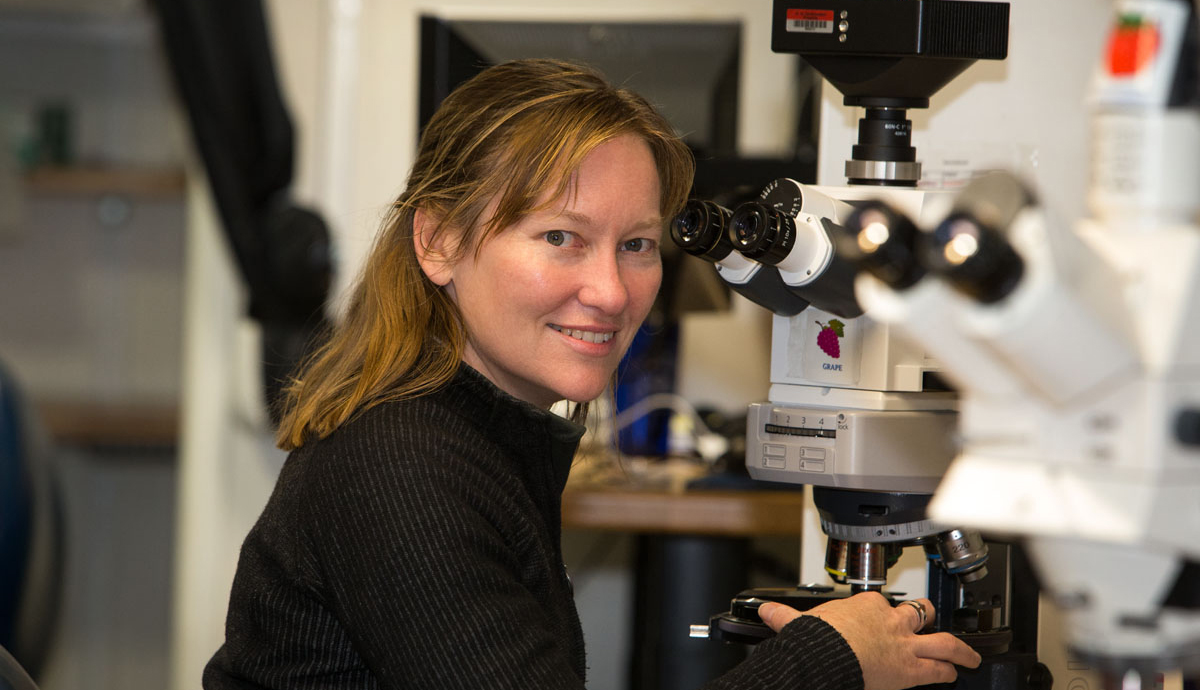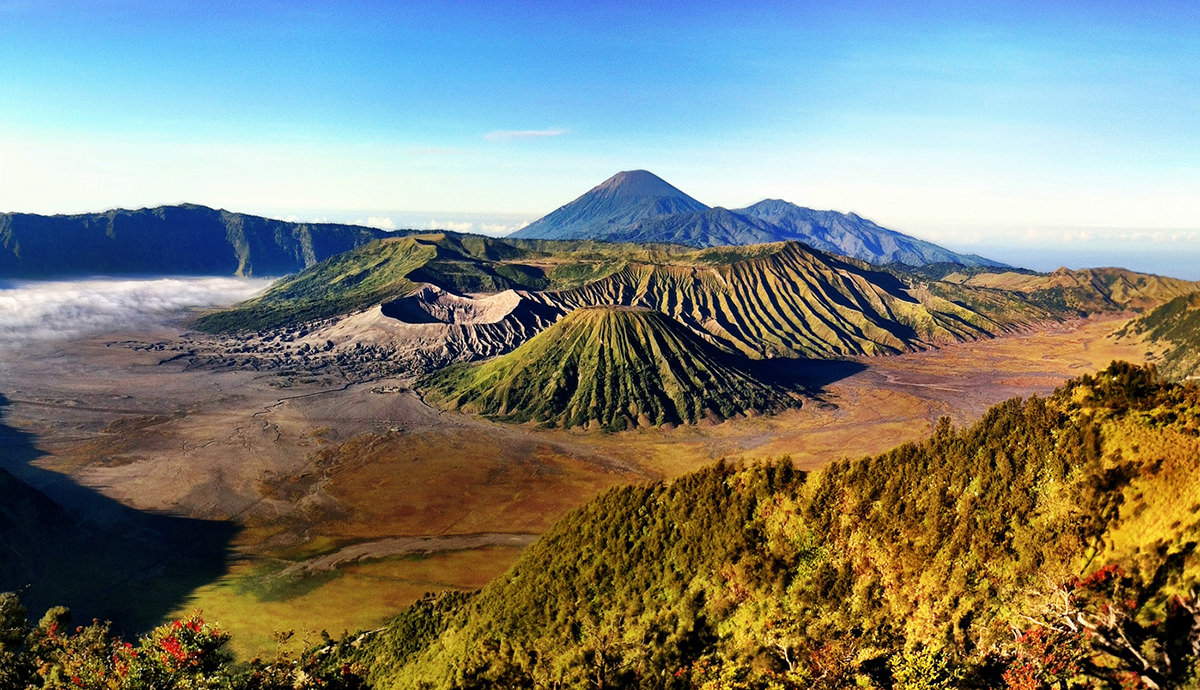August 18, 2015
Global warming trumps 1,800 years of cooling
Scientists find man-made global warming has triggered a reversal of natural ocean cooling.
Scientists will be able to make better forecasts of climate change as a result of findings from an international team of researchers who have been studying global sea surface temperature signals emitted over the past 2,000 years.
The ocean is a major component of the Earth’s climate system as it stores a lot of heat and is the long-term regulator of Earth’s climate.
ARC Research Fellow Dr Helen McGregor from UOW’s is the lead author of a paper by the Past Global Changes Ocean2K Working Group in Nature Geoscience.
The research team revealed an 1,800 year-long cooling trend in the surface layer of the Earth’s oceans and that volcanic eruptions were the likely cause of the cooling from 801 to 1800 AD. The coolest temperatures were during the Little Ice Age - that was before man-made global warming erased the cooling trend in the 1800s.
“Volcanic eruptions have a short-term cooling effect on the atmosphere, but our results showed that when volcanic eruptions occurred more frequently, there was long term ocean cooling,” according to Dr McGregor.
She said the ocean cooling signal highlights how Earth’s oceans act like a giant flywheel.
“It’s very important to understand how the ocean has mediated natural forced variations because compared with the atmosphere, the oceans can absorb an incredible amount of heat. With this research, we now have new insight into the global sea surface temperature variations that came before man-made greenhouse gas forcing,” Dr McGregor said.

Dr Helen McGregor. Photo: IODP | Bill Crawford
In an additional finding the researchers discovered that a period of cooling reported on land around the 16th to 18th centuries, known as the Little Ice Age, coincided with ocean cooling, suggesting that this event was a global phenomenon.
The scientists reached their conclusions by combining for the first time 57 previously published and publicly available marine surface temperature reconstructions from across all of the world’s oceans, from near-polar to tropical regions.
Data were compiled within 200-year brackets to observe long-term trends. The findings were then compared to land-based reconstructions, which revealed similar cooling trends.
“No matter how we divided the dataset the cooling trend stands out as a robust signal,” Dr McGregor said.
To uncover the cause of the cooling, the researchers turned to climate models. They examined how sea surface temperatures were affected by ‘forcing’ factors, such as changes in solar output, Earth’s orbit, land use, volcanic activity and greenhouse gases. Only volcanic events showed a cooling trend that matched the observations.
Dr McGregor said volcanic eruptions had a short-lived effect on the atmosphere.
“They can counteract the warming effects of greenhouse gases but we can’t predict when volcanic eruptions will occur.”
According to co-author Associate Professor Michael Evans of the ÁñÁ«ÊÓƵapp of Maryland, USA understanding how past forcing factors changed ocean temperatures in the past also opens a window into future climate change.
“Model simulations by others have shown us that the oceans can impart a substantial delay in the warming of the surface climate. With much of the heat from global warming entering our oceans, recent surface ocean warming may foreshadow additional future warming, in the same way as ocean cooling appeared as a long term response to large and frequent volcanic events in recent centuries,” Professor Evans said.
“We are still learning how the oceans mediate climate variations. Further work combining both observations and simulations of ocean climate will refine our understanding of the ocean's role in climate change.
“Today, the Earth is warming about 20 times faster than it cooled during the past 1,800 years. This study truly highlights the profound effects we are having on our climate today.”
